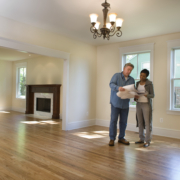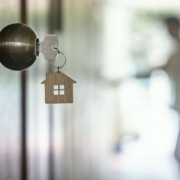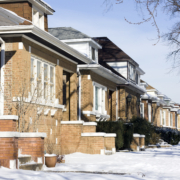Listing Agent: The Key to Finding the Right Person
Home is where the heart is, and if you’re ready to sell your current home, you want to make sure you’re putting your trust in the right hands. Your listing agent will work with you to price and market your home, negotiate with buyers and help with closing the deal.
Here’s how to find an expert that works with you and your needs.
Know Your Timeframe
Have a listing date in mind? Backtrack six to eight weeks before that time, and aim to hire a listing agent around that time.
This will give you both the time to prepare to go live with your listing. For you, that might mean making repairs or upgrades. For your agent, that means working on creating a polished listing, ideas for marketing the house, pricing and more.
Begin Your Search
As you approach that ideal time to hire a listing agent, start researching professionals.
You can search for a Chicago REALTOR® here, or ask friends and family for recommendations. Remember, it doesn’t hurt to shop around. You’ll be working side by side with your agent, so make sure you find someone your trust to do the job.
Conduct Interviews
Take the recommendations and research you’ve done to set up interviews with agents. Here are some suggested questions that will help you determine if an agent is the right fit for you:
- How long have you been in the real estate business?
- What’s the price range of the homes you typically sell?
- What is your fee?
- How do you market homes?
- How long are your homes usually on the market?
- What’s your communication style?
During these interviews, make sure the agents understand your goals and meet the expertise qualifications or personality you’re looking for. If you follow those two desires, you’ll be sure to find a listing agent that works for you!










